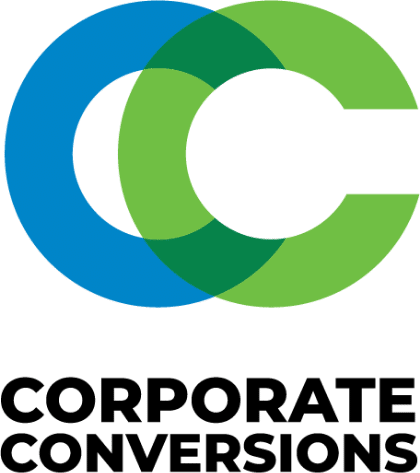For many small businesses who focus their efforts on social media, Facebook is their top marketing tool. In fact, according to a recent survey of over 2,200 small businesses by Webs, while 63 percent of small businesses use digital products as part or all of their marketing strategy, 88 percent of businesses with social profiles use Facebook for their marketing. 88 percent! Other social media sites used, in order of preference are: LinkedIn, Twitter, and Google+.
Facebook is so successful in attracting small business owners partly because so many small business owners were using Facebook regularly before they even thought about utilizing it for business purposes. They were familiar with the interface, they had contacts in place to focus their marketing on, and it was simple to make the jump from personal to professional on this platform.
Unfortunately for these same small business owners, Facebook is now changing the rules on them, so that in order to achieve the same reach and the same results they have been getting – for free – they will have to go through Facebook’s paid advertising options.
Whereas before, owners could update their status with promotional ideas, share product information or sales, and rely on friends and family to “boost” posts to reach more prospective customers, that approach will have a much more limited effect now. That’s because, as of the middle of this month, Facebook adjusted its news feed algorithm to filter out posts with too much of what Facebook considers “unpaid promotional material.” .
Facebook expects that entrepreneurs will feel the impact of this evolution in organic reach, but believes that their paid advertising options have recently become more effective and are therefore worth the additional cost. The company also emphasized that user pages are still available free of charge, and that customers accessed them nearly a billion of them in October. Business owners can include a significant amount of information about themselves on user pages; they serve as an important customer service outlet.
Still, small business owners with limited marketing budgets will have to adjust to the idea that reaching customers with the same information and promotion will now cost them more money. Essentially, they will have to rent access to their own customers from now on. Companies that have invested significant time in building their Facebook audiences are now realizing that they will have to pay to talk to their own people. This means they will be crunching the numbers to see how much Facebook is really worth in terms of reach and sales conversions, and which methods of communication are truly valuable.


